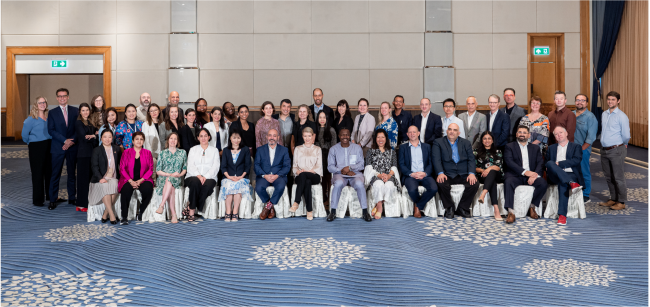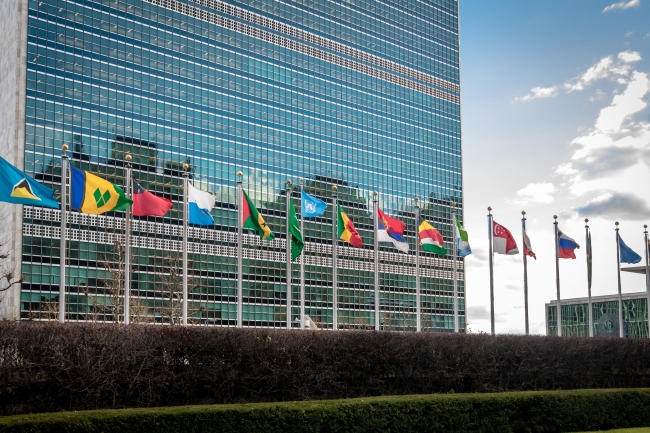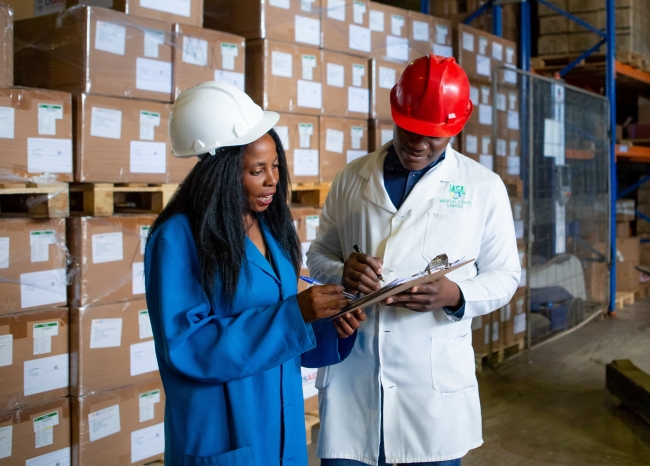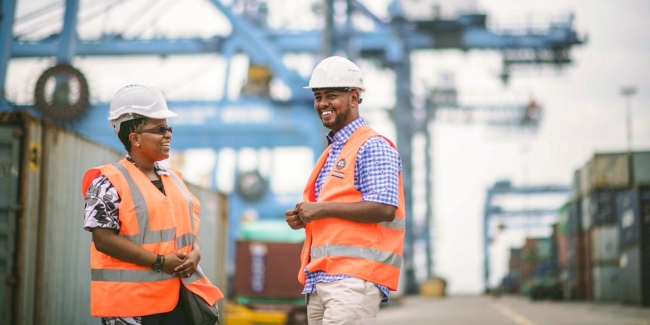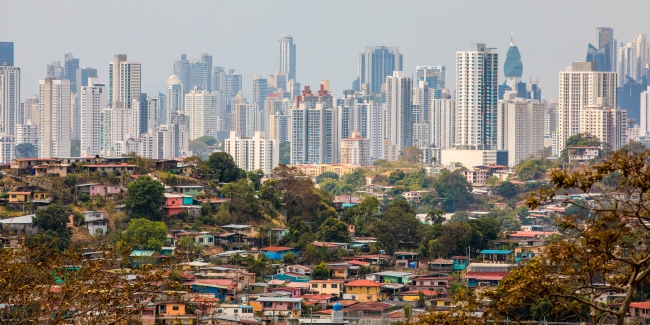Nearly a fifth of integrated national financing frameworks adopted are from Asia-Pacific countries
Asia-Pacific region leads the way for building sustainable national financing architecture
12 JUNE, 2023

Bangkok, June 12, 2023: The Integrated National Financing Framework Facility (INFF Facility), UN Development Programme (UNDP), UN Department of Economic and Social Affairs (UN DESA), UN Economic and Social Commission for Asia and the Pacific (UNESCAP) and European Union today host the Regional knowledge exchange – Financing Sustainable Development in Asia-Pacific Region in Times of Volatility and Uncertainties – in Bangkok, Thailand.
The two-day event enables government ministers, international financing institutions (IFIs), development financing institutions (DFIs), academia, banks, bond issuers and civil society, to share their experiences of implementing integrated national financing frameworks (INFF).
The INFF can promote changes in the national financing architecture to better align all financing flows towards the SDGs and Nationally Determined Contributions (NDCs) using the full range of policies, financing instruments and partnerships. The UN Secretary-General highlighted the importance of INFFs which are being used by over 85 countries, in the SDG Stimulus to Deliver Agenda 2030, calling them “an ideal tool for countries to set out their key financing policies.”
As the world hits the mid-way point of the implementation of the 2030 Agenda, none of the countries in Asia Pacific is on track to reach them. Many countries in the region suffered two consecutive years of decline in the Human Development Index (HDI) and other indicators, as existing development challenges were exacerbated by COVID-19 and other compounding crises.
Against this backdrop, sustainable financing is increasingly playing the role as an enabler that can scale up the progress towards the SDGs and the Paris Agreement. In response, the Asia-Pacific region is leading in the use of the INFF, making up nearly a fifth (19%) of all countries adopting them. Mongolia was the first country worldwide to endorse its INFF financing strategy last year and the Maldives recently launched their gender-responsive climate financing strategy, the first to directly support national contributions to the Paris Agreement. Many other Asia-Pacific countries are finalizing their financing strategies and now turning to implementation.
INFFs are being used by Ministries of Finance and Planning to mobilise and align capital with sustainable development and climate action priorities, unlocking SDG policy space even within a challenging global and regional context. As we look to the second half of the SDG timeline this exchange will provide an important forum for countries to learn from one another and identify areas for collaboration and partnership. We applaud the Asia-Pacific countries for taking the initiative to adopt the INFF approach and sharing their experiences with their peers.
To achieve the SDGs, we must “future-proof” the policy architecture and move toward long-term oriented financing models. Integrated financing strategies can play a key role in enhancing risk-informed financing policies, providing financing for resilience, and financing that is resilient. It is in within this context that the INFF methodology provides a foundation for action.
Recent multifaceted crises have weakened economic performance, rising interest rates and debt vulnerabilities and exacerbating the challenges of financing the SDGs and climate action. In this context, INFFs can help Asia-Pacific countries align relatively limited financial resources with the ambitions of the 2030 Agenda for Sustainable Development. It is encouraging to see more and more Asia-Pacific countries using INFFs with support from the UN Development System and sharing their experiences with each other.
The EU has been a strong supporter of INFFs since the beginning as we believe it is a key tool for Asia-Pacific countries to achieve the SDGs and the objectives of Paris Agreement. By strengthening transparency and supporting long-term investment and planning, INFF represents a great opportunity not only to scale up sustainable finance but also to achieve sustainable and inclusive growth. This is why the EU, as Team Europe and in cooperation with partners like UNDP and UNEP, will continue supporting countries in building a conducive environment for sustainable finance, including providing advice through technical assistance and capacity-building support.
About the INFF Facility
The INFF Facility is a joint initiative of the United Nations Development Programme (UNDP), the United Nations Department of Economic and Social Affairs (UN DESA), the Organisation for Economic Co-operation and Development (OECD), the United Nations Children’s Fund (UNICEF), the European Union and the Governments of Italy, Spain and Sweden. It supports countries developing INFFs.
The Facility brokers technical assistance, facilitates knowledge exchange and provides access to technical guidance. It helps governments and their partners at the national level realise the potential of the INFF approach to accelerate progress towards national sustainable development objectives and the SDGs.
The Facility was launched at the 2022 Financing for Development Forum, following the endorsement by G20 Leaders of the G20 Framework for voluntary support to INFFs in October 2022. In its first year of operations the Facility has responded to requests for technical assistance from 11 countries worldwide, provided technical support to 19 countries in the process of developing their financing strategy and facilitated exchange between policymakers from 59 countries.
About the INFF
Integrated national financing frameworks (INFFs) help countries finance their national sustainable development objectives and the Sustainable Development Goals (SDGs).
Through INFFs, countries develop a strategy to mobilise and align financing with all dimensions of sustainability, broaden participation in the design, delivery and monitoring of financing policies, and manage risk.
INFFs are voluntary and country-led. They are embedded within plans and financing structures, enabling gradual improvements and driving innovation in policies, tools and instruments across domestic, international, public and private finance.
To build cohesion and encourage knowledge exchange between countries implementing INFFs around the world, the INFF Facility, in cooperation with a growing network of partners, is developing joint approaches to bring together expertise, tools and relationships in support of country-led INFFs. To learn more about the countries implementing an INFF visit INFF e-learning course. For more information about INFFs, visit www.inff.org.

